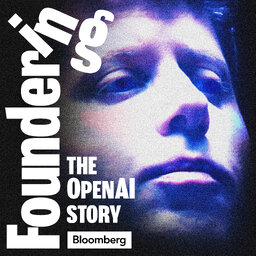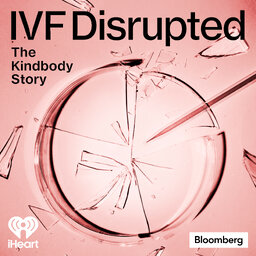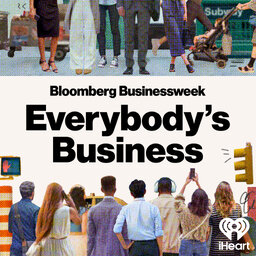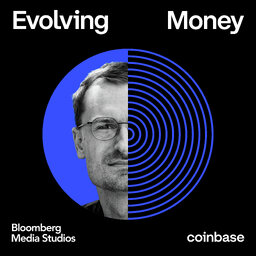Before Mrs. Maisel was marvelous and Jack Ryan saved the world, Jeff Bezos was convinced that the internet would change how people watched TV shows and movies. His response to the opportunity was called Prime Video –a seemingly prescient bet to bring a selection of video programming into the bundle of perks for Prime members. Reporter Brad Stone tells the story of Amazon’s bumpy road into Hollywood.
After an early taste of success, the company navigated a public relations crisis around allegations of inappropriate behavior targeted at studio boss Roy Price. And then Bezos got his first significant brush with celebrity culture, sparking a personal reinvention that would have major consequences for the company and his own muted personal life.
 Foundering
Foundering


